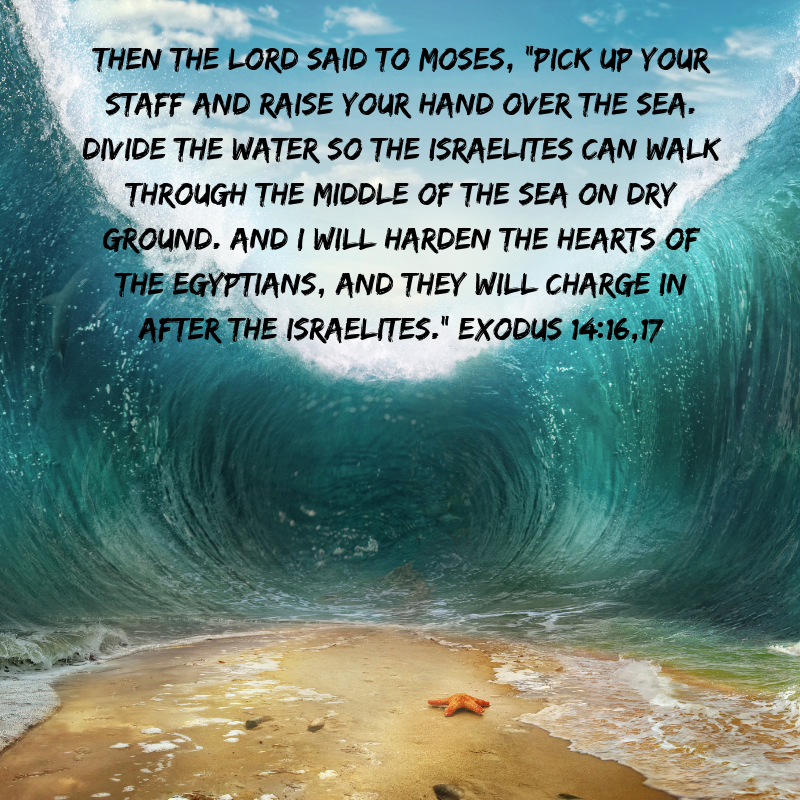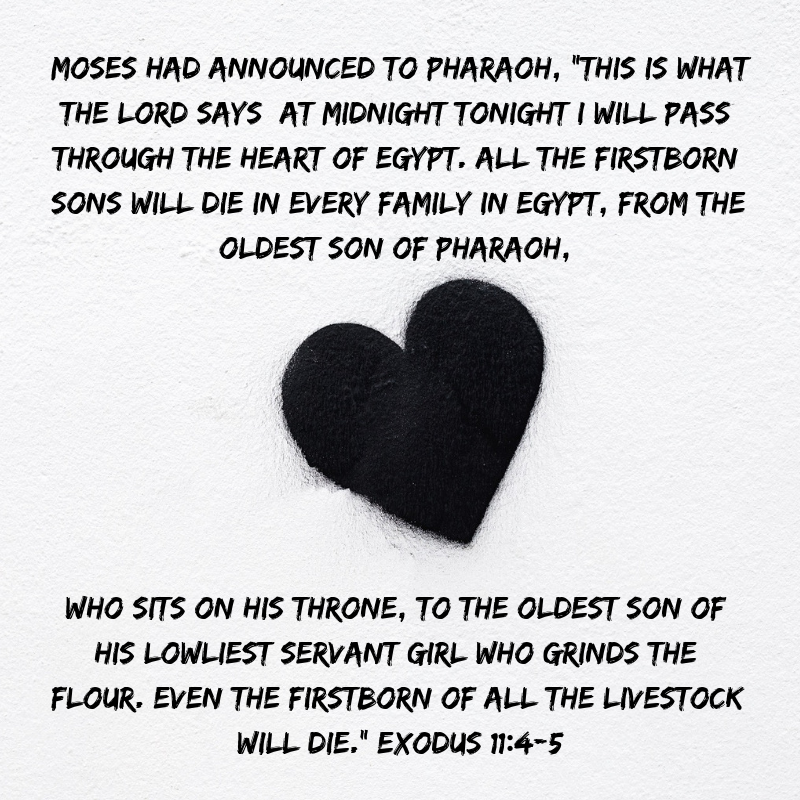The problem with sin is that we
want to have our cake
and eat it too,
just like Pharaoh,
who wanted to have his slaves
and free them too.
But not to decide
is to decide,
and not to give in
is to remain stubborn
and that has an effect.
We all think
/or want to believe/
that no matter
what we choose
we automatically
revert back to
this neutral default place
after each decision,
that our choices
don't have any lasting
consequences.
But that's ridiculous.
If you've lived in darkness
your entire life
and someone suddenly
turns on a light
you are no longer a person
who has only known darkness.
You cannot return
to saying that you do not know
what light looks like.
You may say it still,
all right,
but in your heart
you know it's not true
and that has an effect.
God is the Light of the World,
that Great Confronter who
scouts out
runs down
and passionately pursues
His darkness-dwelling
children.
He would not dream
of letting you remain
forever in your darkness.
He knows nothing of
live and let live,
has no hands-off policy,
and is generally unaccommodating.
He does not prefer to avoid confrontation.
As surely as He lives,
you live,
and as surely as He lives,
you will experience Him.
And when you do,
you cannot return
to saying that you have never
experienced Him.
You may say it still,
all right,
but in your heart
you will know it's not true
and that will have an effect.
And if you persist
in ignoring or avoiding reality
for long enough
you may just find yourself
in a chariot
at the edge of the sea,
unable to bat an eyelash
at the rising walls of water,
unable to wonder how or why the briny deep
is drawing back to reveal dry ground,
unable to think twice
before rushing headlong
into the foregone destruction
of a hardened heart.





















